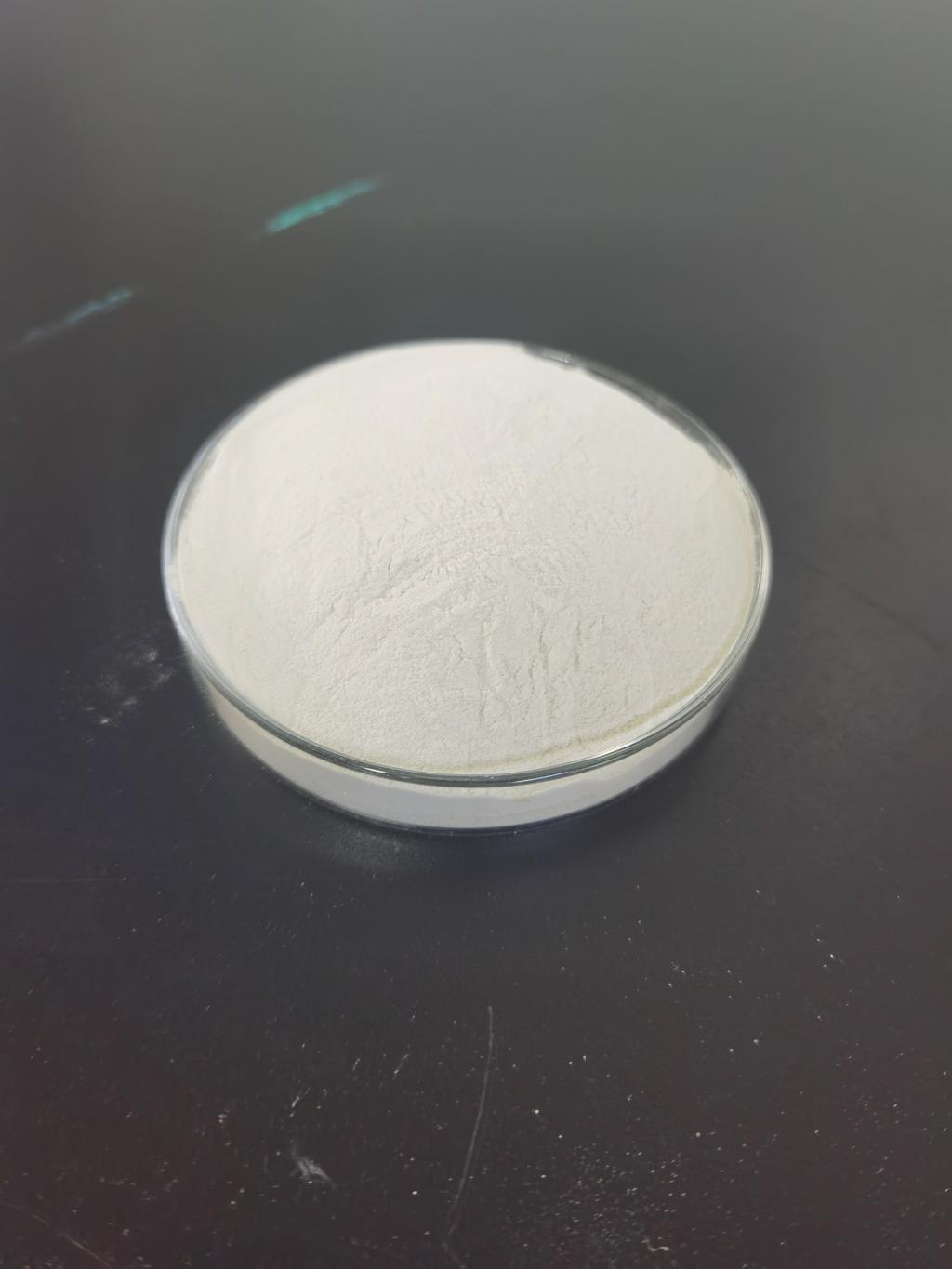Tel:+8618231198596

News
 CONTACT
CONTACT
 CONTACT
CONTACT
- Linkman:Linda Yao
- Tel: +8618231198596
- Email:linda.yao@dcpharma.cn
- Linkman:CHARLES.WANG
- Department:Overseas
- Tel: 0086 0311-85537378 0086 0311-85539701
News
Current Position:
Home >
News
>Are there any known side effects or safety concerns regarding the use of Nisin?
Are there any known side effects or safety concerns regarding the use of Nisin?
TIME:2023-05-24
Safety Evaluation:
a. Toxicity Studies:
Numerous toxicological studies have been conducted on nisin, including acute, subacute, and chronic toxicity assessments. These studies have consistently demonstrated that nisin has a low toxicity profile and is well-tolerated at various doses.
Animal studies have shown no significant adverse effects on body weight, organ histology, or clinical parameters.
Nisin's no-observed-adverse-effect level (NOAEL) has been determined to be several hundred times higher than the estimated daily intake in humans, further supporting its safety.
b. Allergenicity:
Nisin is not a known allergen and has not been associated with allergic reactions in humans.
Comprehensive studies have shown that nisin lacks cross-reactivity with common allergens, making it unlikely to cause allergic responses even in susceptible individuals.
c. Genotoxicity and Carcinogenicity:
Extensive genotoxicity studies have consistently shown that nisin does not induce DNA damage or mutagenic effects.
Long-term carcinogenicity studies in animals have not provided any evidence of nisin's potential to cause cancer.
Safety Concerns:
a. Antibiotic Resistance:
Nisin's mechanism of action involves targeting bacterial cell walls, which is distinct from the mechanisms of most antibiotics.
Studies have shown that nisin's use does not lead to the development of antibiotic resistance in bacteria, making it a valuable alternative for combating antibiotic-resistant pathogens.
b. Potential Interactions:
Nisin is generally considered safe for consumption; however, some studies suggest potential interactions with certain drugs or substances.
Limited evidence suggests that nisin may inhibit the activity of some antibiotics, such as vancomycin, and caution should be exercised when combining nisin with specific medications. Further research is needed to elucidate these interactions fully.
Regulatory Status and Acceptance:
Nisin has been approved as a food preservative by regulatory agencies worldwide, including the U.S. Food and Drug Administration (FDA) and the European Food Safety Authority (EFSA).
The Joint FAO/WHO Expert Committee on Food Additives (JECFA) has established an acceptable daily intake (ADI) for nisin, indicating its safety for human consumption within the specified limits.
Conclusion:
Overall, extensive research and safety evaluations support the conclusion that nisin is a safe compound with a low toxicity profile. It is not associated with significant side effects or allergic reactions. Additionally, nisin has not shown evidence of genotoxicity or carcinogenicity. While potential interactions with certain drugs have been observed, these interactions require further investigation. Given its regulatory approval and widespread acceptance, nisin remains a valuable food preservative with an excellent safety record.
- Tel:+8618231198596
- Whatsapp:18231198596
- Chat With Skype







